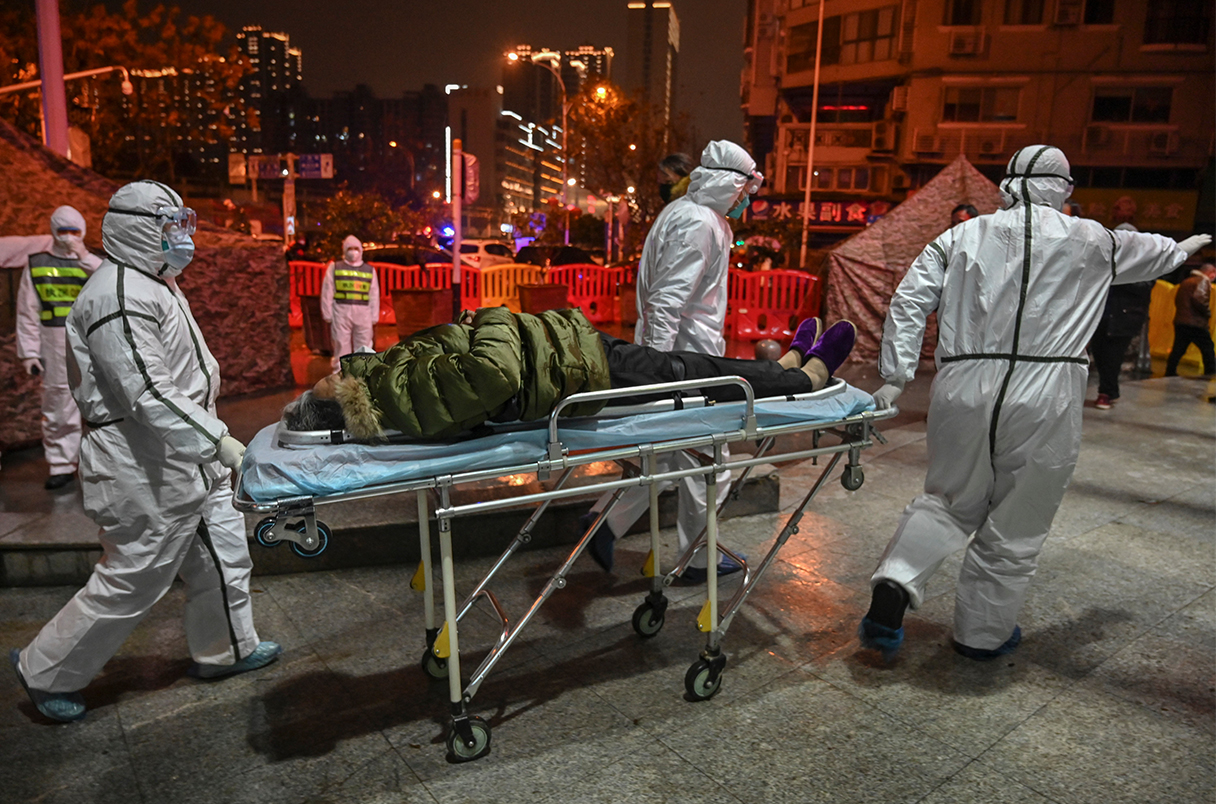Amid heightened political polarization and dwindling trust in government institutions, the COVID-19 pandemic prompted calls for health-conscious behaviors like handwashing and social distancing. These measures aimed to curb virus transmission, leading to unprecedented closures of schools and businesses, confining individuals to their homes except for those in essential services. However, compliance with these measures varied, with some challenging and others endorsing them as necessary.

Photo from Science
Politics and Pandemic: Unveiling the Intricate Dance of Beliefs Amid COVID-19 Chaos
The pandemic also fueled speculation and misinformation, especially concerning the virus’s nature and risks. President Trump’s statements suggested a political dimension to the debate, accusing opponents of exaggeration and advocating for the lifting of stay-at-home policies. Misinformation, including false cures and conspiracy theories, proliferated, creating a challenge for individuals to discern reliable information. Trust in COVID-19 information sources is segmented along political lines, with Republicans expressing more trust in Trump’s briefings and less in medical scientists compared to Democrats.
Against this backdrop, the study delves into the intricate relationship between political views and individuals’ beliefs and actions regarding COVID-19. Examining data from April 2020, the researchers explore how political affiliations, ideologies, and approval of President Trump influence trust in public health institutions, COVID-19-related beliefs, and behaviors.
The findings reveal a notable connection between political worldviews and health attitudes. Political conservatives, including Republicans and Trump supporters, exhibited distinct beliefs, such as placing trust in vitamins and questioning the efficacy of staying at home to prevent COVID-19.
READ ALSO: What’s The Typical Duration Of Cold And Flu Symptoms, And When Should You Seek Assistance?
Influence of Beliefs and Behaviors
The study emphasizes that health beliefs and practices during the pandemic are intricately intertwined with political worldviews, serving as influential lenses through which individuals navigate uncertainty. It extends the understanding of politics’ role in shaping behaviors during unsettled times, highlighting the swift alignment between political views and health practices.
Furthermore, the study underscores the impact of Trump’s approval beyond party lines, marking a unique exploration into how political worldviews shape beliefs and behaviors amid the pandemic. It concludes that political affiliations and Trump approval play pivotal roles in molding individuals’ responses to health risks in the absence of cohesive institutional support.

















































